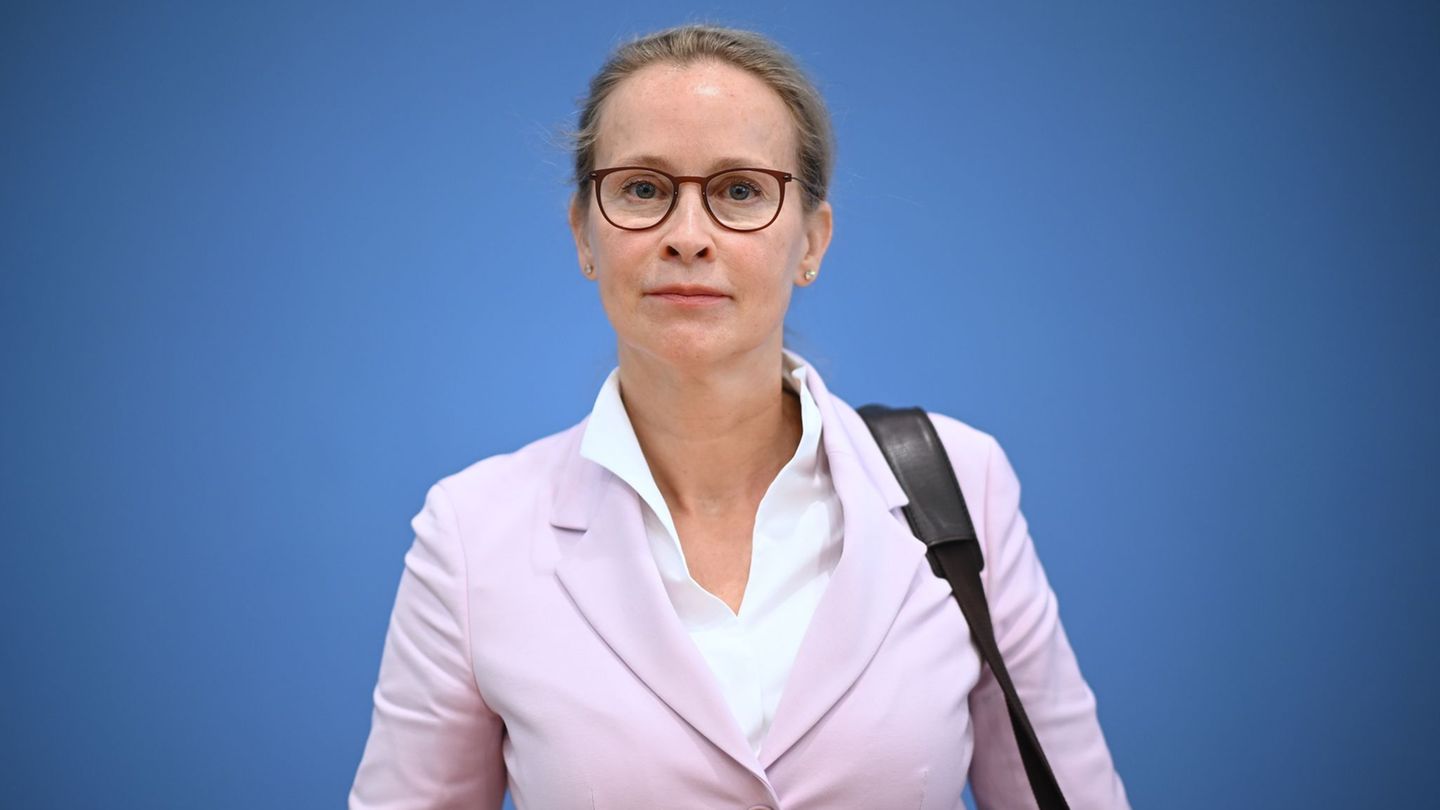Ursula von der Leyen’s EU Commission no longer sees any major obstacles to starting accession negotiations with Ukraine. Now it is the turn of the governments in the capitals of the EU countries and in Kiev.
After a positive assessment by the EU Commission, Ukraine can hope for a quick start to negotiations on joining the European Union. The authority, headed by Ursula von der Leyen, formally recommended that EU member states begin accession negotiations with the country, which has been resisting the Russian war of aggression for more than 20 months.
Before the first round of talks, however, Ukraine will have to complete the reforms it has begun to improve the fight against corruption, provide more protection for minorities and reduce the influence of oligarchs. This is believed to be possible by next March.
Based on new assessments by the EU Commission, Ukraine’s neighboring country Moldova and, to a limited extent, Bosnia-Herzegovina can also hope for the start of EU accession negotiations. In addition, Georgia should be able to obtain accession candidate status. “Today is a historic day,” said von der Leyen about the recommendations. Whether these will be implemented must now be decided unanimously by the EU states.
Zelenskyj describes the recommendation as the right step
German Foreign Minister Annalena Baerbock wrote about the testimony for Ukraine that the start of EU accession talks was the next step that we should take together. Because a stronger, larger and closed EU is the geopolitical answer to Russia’s war of aggression.
Ukrainian President Volodymyr Zelenskyj described the commission’s recommendation as a “right step” and promised further reform efforts. “Our country should be a member of the European Union,” he emphasized. The Ukrainians deserved this with “their defense of European values.”
Still outstanding reforms are on the way
Von der Leyen explained in a press conference that there was a positive recommendation for Ukraine despite the conditions not yet being met, saying that the outstanding reforms had already been initiated. “The progress we are seeing in Ukraine is impressive,” she emphasized. She is firmly convinced that this will also strengthen Ukraine in its impressive fight against the Russian war of aggression.
If the governments of the EU states agree to the EU Commission’s recommendation, accession negotiations could be held with a country at war for the first time in the history of the EU. Ukraine submitted its application to join the EU on February 28 last year, shortly after the start of the Russian invasion.
The heads of state and government of the EU states then granted the country candidate status on June 24, 2022. At the same time, it was agreed at the time that a decision on further steps would only be taken when seven criteria recommended by the EU Commission had been met. In addition to things like fighting corruption, they also focused on anti-money laundering rules and media freedom. According to the Commission’s report, Ukraine has so far fully complied with four of the seven reform requirements.
EU states should decide before Christmas
Ukraine hopes that the heads of state and government of EU countries will give their general consent to start accession negotiations at their last regular summit of the year on December 14th and 15th.
Von der Leyen advocates progress
On Wednesday, Von der Leyen called on the governments of the member states to accept the recommendations for progress in the EU enlargement process. “The enlargements so far have shown enormous benefits for both the accession countries and the EU. We all win,” she said.
In addition to Ukraine, Georgia, Moldova and Bosnia-Herzegovina, Turkey, Montenegro, Albania, Serbia, North Macedonia and Kosovo were also assessed by the Commission on Wednesday as potential future EU members. The small Western Balkan country of Montenegro, which is currently seen as the clear number one in the EU accession process, performed best again.
Turkey, however, received another negative report. The negative trend of drifting away from the EU remains, the report says, with a view to regression in key areas such as the rule of law and judicial independence. The accession negotiations remained at a standstill.
Source: Stern
I have been working in the news industry for over 6 years, first as a reporter and now as an editor. I have covered politics extensively, and my work has appeared in major newspapers and online news outlets around the world. In addition to my writing, I also contribute regularly to 24 Hours World.




